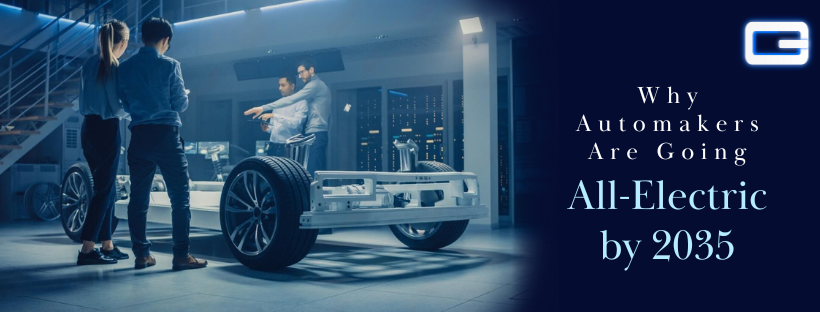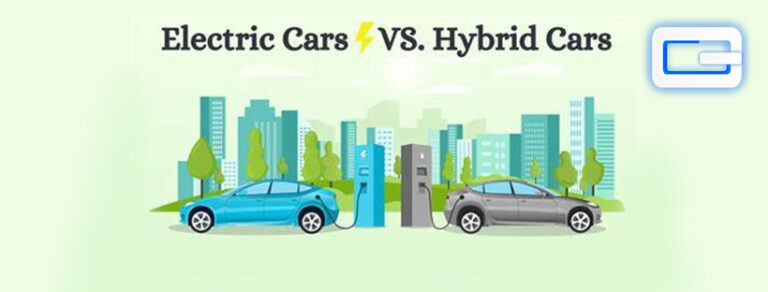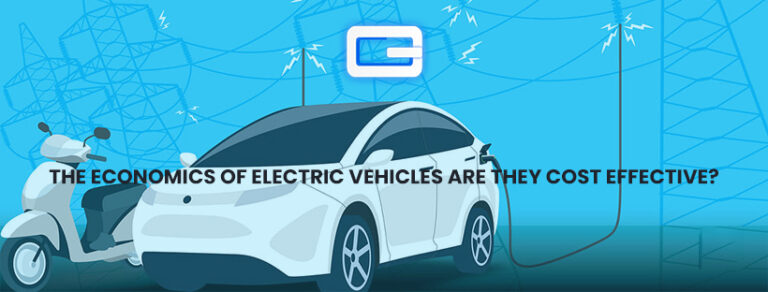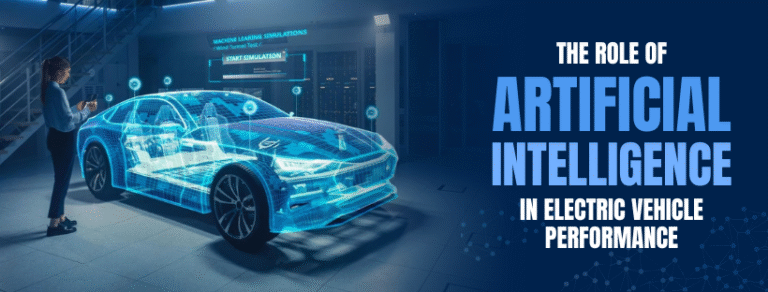The automotive industry is undergoing one of the most significant transformations in its history, an urgent and strategic shift toward fully electric vehicle production by 2035. This move is not driven by a single factor but by a powerful combination of climate goals, technological breakthroughs, and evolving consumer expectations. By committing to an all-electric future, automakers are preparing to meet the demands of a world that prioritizes sustainability, efficiency, and smarter mobility.
Meeting Climate Goals and Government Regulations
One of the strongest drivers behind the 2035 transition is the global push to reduce carbon emissions. Transportation is among the largest contributors to pollution, and governments across the world are enforcing strict rules to curb tailpipe emissions.
Many regions have already announced plans to phase out new gasoline-powered vehicles by 2035, urging manufacturers to redesign their long-term strategies. These regulations set clear expectations: the future of transportation must be cleaner, quieter, and emission-free.
By embracing electric vehicle technology early, automakers are ensuring they align with environmental policies while positioning themselves competitively for the next decade.
Technology Is Advancing Faster Than Ever
Another reason for the shift is the rapid advancement in electric vehicle technology. Battery systems have become more efficient, more affordable, and capable of delivering longer ranges than ever before. Charging times are decreasing thanks to improvements in energy storage and expanding fast-charging networks.
Electric motors offer benefits that traditional engines cannot match: instant torque, smoother acceleration, reduced maintenance, and quieter operation. Modern EV platforms also integrate smart systems powered by artificial intelligence, enabling the vehicle to optimize energy use, adapt to driving patterns, and enhance overall performance.
As these technologies evolve, the barriers that once slowed EV adoption are disappearing.
Consumers Are Ready for the Change
Consumer preferences have shifted dramatically in the past decade. Many buyers now prioritize cleaner transportation options, lower running costs, and smart connectivity features. Electric vehicles deliver all three.
Drivers appreciate the convenience of at-home charging, the long-term savings from reduced fuel and maintenance costs, and the enhanced driving experience electric power provides. As awareness grows and more models enter the market, interest in EVs continues to increase, especially among younger generations who value sustainability and innovation.
Preparing for a Competitive Future
The global automotive market is rapidly becoming electrified. To stay competitive, manufacturers must innovate and adapt. Going all-electric by 2035 positions automakers to thrive in a world where electric vehicles will dominate sales, infrastructure will be EV-centric, and clean mobility will be a basic expectation rather than an optional upgrade.
Final Thoughts
The move toward an all-electric future by 2035 reflects a fundamental shift in priorities toward sustainability, technological progress, and smarter transportation systems. With cleaner energy goals, innovative engineering, and growing consumer support, the transition to fully electric vehicles is not just possible, it’s inevitable. The next decade will define a new era of mobility, and automakers are preparing to lead the way.




